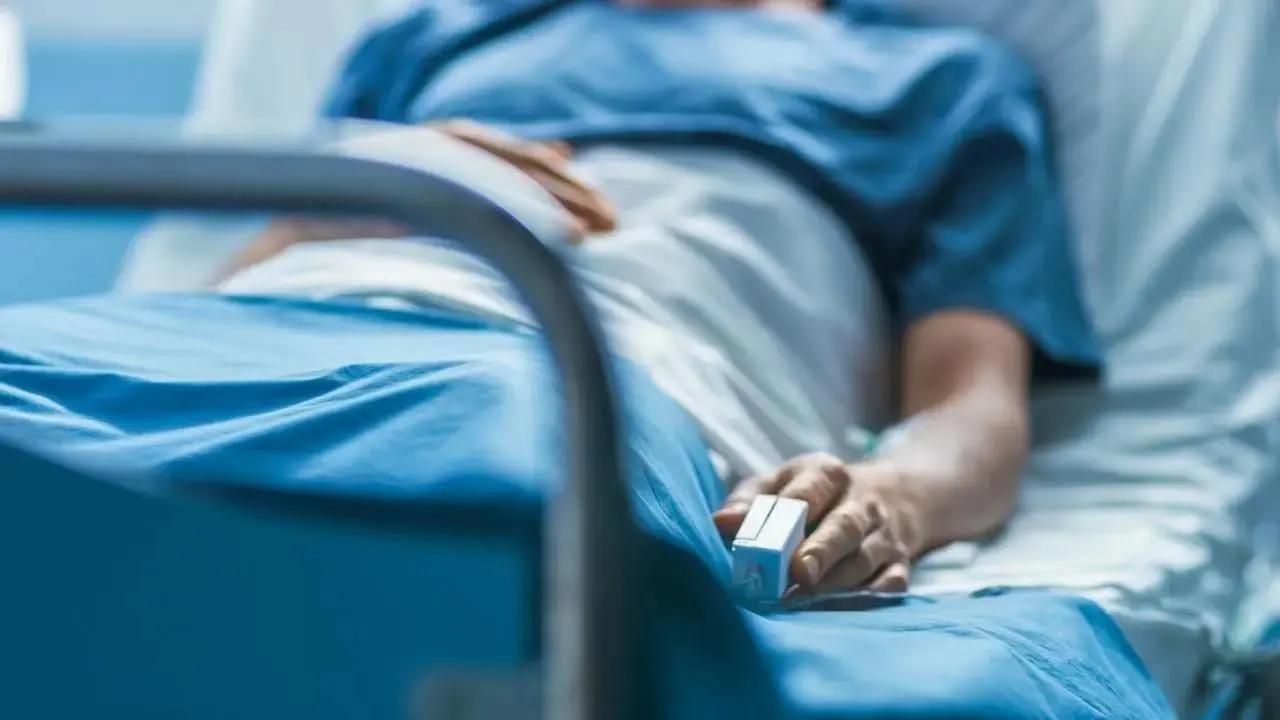GBS is a rare condition in which a person's immune system attacks the peripheral nerves, resulting in muscle weakness, loss of sensation in the legs and/or arms, as well as problems swallowing or breathing

Representational Image
The tally of suspected and confirmed Guillain-Barre Syndrome (GBS) cases in Maharashtra's Pune region has reached 197 with the detection of five more patients of the rare nerve disorder, according to health department officials.
ADVERTISEMENT
The five patients here comprised two fresh cases and three from previous days, an official from the health department said on Tuesday while sharing an update on the GBS outbreak, reported PTI.
"Of the 197 cases, 172 have been diagnosed with GBS. At least 40 patients are from Pune Municipal Corporation areas, 92 from newly added villages in the PMC, 29 from the Pimpri Chinchwad civic limits, 28 from Pune Rural and eight from other districts," a health department release said while sharing an update on the GBS outbreak, reported PTI.
"While 104 patients have been discharged, 50 are in ICU and 20 on ventilator support," it said.
The number of deaths suspected to have been caused by GBS in the region stood unchanged at seven, it added.
GBS is a rare condition in which a person's immune system attacks the peripheral nerves, resulting in muscle weakness, loss of sensation in the legs and/or arms, as well as problems swallowing or breathing.
The state health authorities are closely monitoring the situation and have intensified surveillance efforts in affected areas.
Earlier, on February 6, the Pune Municipal Corporation (PMC) sealed 30 private water supply plants in the Nanded village, Dhayari, and adjoining areas on Sinhgad Road in Pune City. These areas have been identified as the epicentre of the outbreak. The action was taken against these plants in the last two days, said a PMC official.
The PMC took action against these plants after collecting water samples that were found unfit for drinking. Some plants lacked proper permission to operate, while others were contaminated with Escherichia coli bacteria. Additionally, certain plants were not using disinfectants and chlorine to control contamination.
On February 3, the Union Health Minister held a high-level meeting with Maharashtra's key health and medical ministers and reviewed the public health measures being undertaken by the state health authorities, including testing and treatment of patients affected by GBS.
(With inputs from PTI)
 Subscribe today by clicking the link and stay updated with the latest news!" Click here!
Subscribe today by clicking the link and stay updated with the latest news!" Click here!







